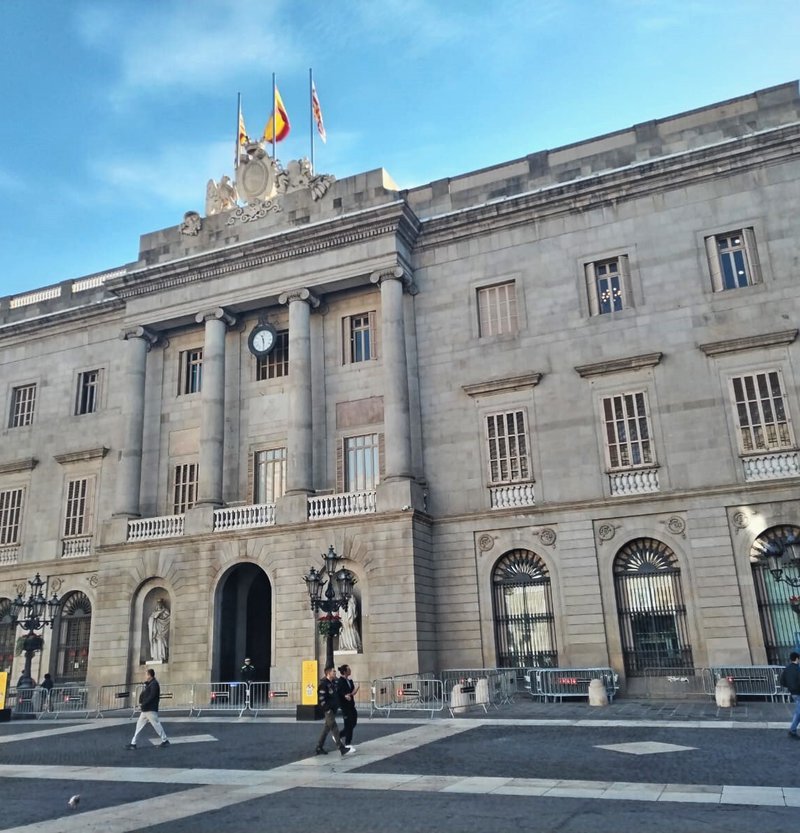BARCELONA: GLOBAL V CAPITAL?
In terms of the local elections in Catalonia next May, different proposals are being put forward. In the case of Catalonia, the municipal vote in Barcelona is of particular importance.
And Barcelona is not only now become the focus of attention, but has been especially so in the previous elections. For example, in 2015, amid the effervescence of the Catalan liberation process, Spain played its cards. Thus, a few months before the polls, the deep state leaked to the newspaper El Mundo that the mayor Mr Xavier Trias, from a party that stood for independence, had a bank account in Switzerland, hinting at a case of possible corruption. This information was shown to be completely false. But this operation served to influence Ms Ada Colau winning the mayor’s office by a councillor. Despite her heading a radical leftwing coalition, it was endorsed by the pro-Spain Podemos party, which suited the Spanish state in its efforts to hinder the Catalan independence movement.
The 2019 elections were also memorable, with the full repression of the pro-independence movement underway, and with political prisoners and exiles. The Spanish forces trusted the candidacy initially called “Barcelona capital of Europe” headed by Mr Manuel Valls, former prime minister of France. Despite an over-financed campaign, Mr Valls failed to capture the mayor’s office, obtaining just six councillors out of 41. The love for Barcelona on behalf of Mr Valls and those who supported him became clear when he left the Barcelona City Council two years before the end of his mandate.
Among the proposals for Barcelona, the one that stands out is to turn it into a global city. In some aspects, Barcelona is already a global city: in 1992 it hosted the Olympic Games, since 2006 the Mobile World Congress has been held there among many other fairs and congresses, it has an important port, and so on. If we were to look back over its long two-thousand-year history, we would see that in the Middle Ages Barcelona was the “global” city of the Mediterranean during the Catalan-Aragonese Confederation. But now it is said that the future belongs to global cities.
Sometimes cities are thought of as if the states in which they are located are not relevant. But this is not so. And it is even less so in the case of Barcelona, which has always had the Spanish state against it, since it was formed only a few centuries ago. In particular, the data since 1980 indicate that Barcelona has lost considerable economic weight in relation to Madrid. This has been because a hyper-centralist Spain has favoured its capital financially and with many investments, much more than in the case of Barcelona. Indeed, its competitiveness is undermined when the necessary railway works are not carried out on the commuter network and the Mediterranean Corridor, and when the management of the international airport is atypical and centralist, among many other reasons.
Barcelona has important assets and great potential. However, this potential can only be developed when it is, once again, the capital of the Catalan Republic. On October 27, 2017, the Catalan Republic was proclaimed in Barcelona, validly according to international law. It was the sixth in the millennial history of Catalonia and the Spanish repression neutralised it. However, Barcelona can only be really global as the capital of the Catalan nation, because within Spain it would be condemned to increasing decline. This is the reality without any false globalist illusions.

